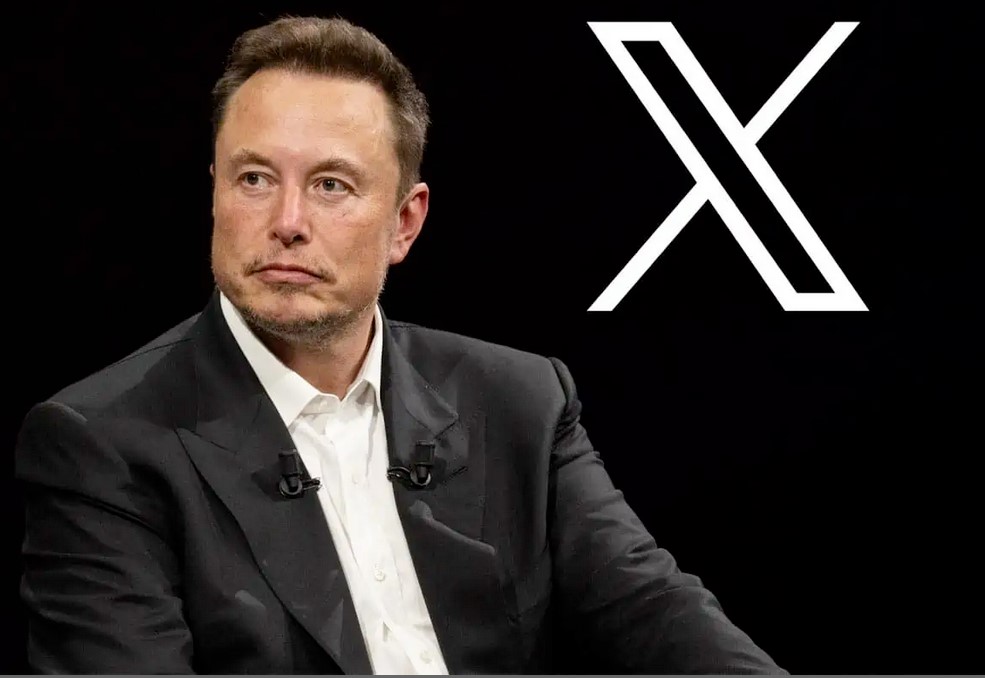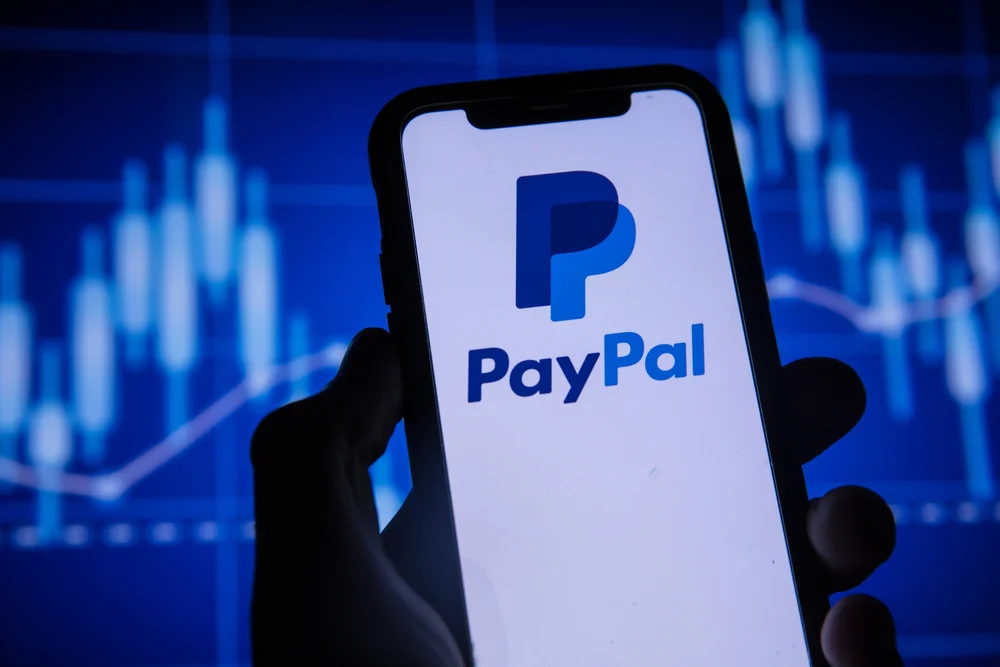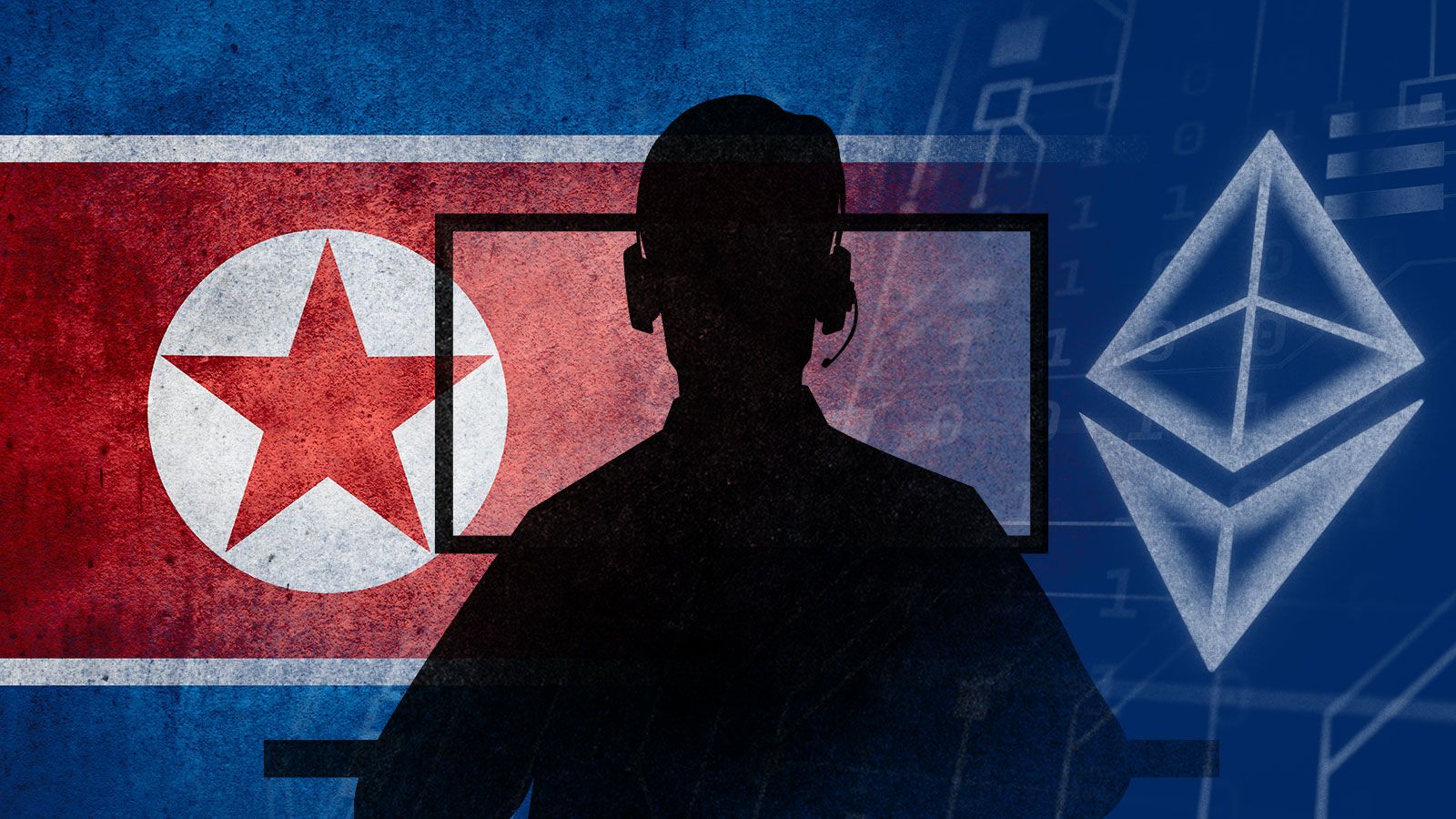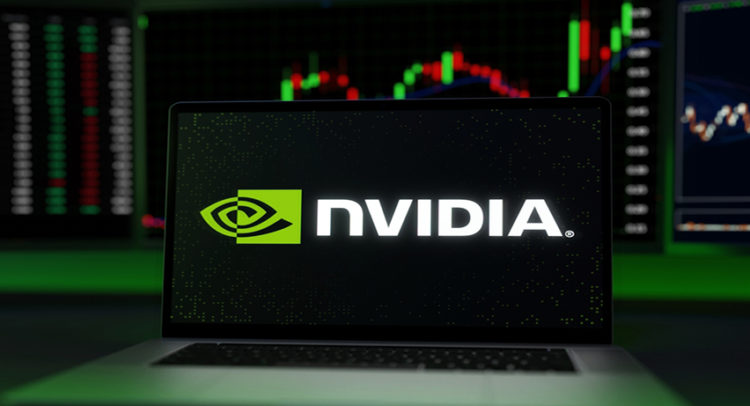On Friday, EU tech regulators found that Elon Musk’s social media business X violated EU online content laws, and its blue checkmark deceives consumers, which might result in a large punishment and major changes to its operations
The European Commission has issued the first penalties under the Digital Services Act (DSA) following a seven-month investigation.
The new regulations mandate that search engines and online platforms of significant size take additional measures to address public security concerns and illegal content.
The EU executive’s provisional findings or charges sent to X were directed at the company’s advertising transparency, data access for researchers, and so-called dark patterns that influence user behavior.
X disagreed with the EU’s evaluation of its compliance with the DSA, and Musk, the company’s proprietor, threatened legal action.
“We look forward to a very public battle in court so that the people of Europe can know the truth,” Musk stated on television.
He previously stated that the Commission had extended an illegal secret agreement to X to censor speech without informing anyone, a proposal that the company declined, in contrast to other unnamed platforms.
EU industry chief Thierry Breton responded by retaliating.

He wrote on X, “Welcome to our home.” “No ‘ secret deal’ has ever existed and will never exist.” With any individual. The DSA offers the potential for X (and any significant platform) to offer commitments to resolve a case.
“We leave the decision of whether or not to provide commitments to you.” This is how the rule of law procedures operate. “See you (whether or not you are in court),” Breton stated.
The Commission asserted that the blue checkmarks on X’s verified accounts are inconsistent with industry standards and have a detrimental impact on the ability of users to make informed decisions about the authenticity of the accounts they interact with independently.
Musk modified the blue checkmark, which had previously signified that an account belonged to a public figure whose identity had been verified, after purchasing the platform, which was then known as Twitter, in 2022. The check mark was subsequently changed to indicate that it belonged to a paid subscriber.
The Commission also stated that X had neglected to fulfill a DSA requirement to provide searchable and dependable information about advertisements in a library for simple access.
Additionally, X was accused of preventing researchers from accessing its public data. The corporation, which has several months to respond to the charges, may be subject to a fine of up to 6% of its global turnover if it is found to have violated the DSA.
“X now has the right of defense, but if our view is confirmed, we will impose fines and require significant changes,” Breton stated in a public statement.
The Commission stated that it is conducting separate investigations into disseminating unlawful content on X and the measures it has implemented to combat disinformation.
The DSA also investigates ByteDance’s TikTok, AliExpress, and Meta Platforms.



